What is Data Ethics?
Data ethics has become a new branch of ethics that looks at and evaluates moral issues that are associated with data. Data can include things such as curation, recording, generation, processing, sharing, and use of data. It also includes algorithms (artificial intelligence, robots, and machine learning,) and other types of data and technologies like tech innovation, programming hacking, and codes made by professionals.
Data ethics is built upon and extends the limits of computer and information ethics. Instead of being information focused, they are being shifted to data-focused. For instance, data ethics wants to focus on individuals’ data based on third party practices rather than media and journalism ethics that information ethics focuses on.
Data that companies collect from regular individuals raises quite a few ethical issues. Since this type of collection from people and data ethics is pretty new, there is still a lot to figure out in regard to this new territory. This is becoming especially important as companies begin to use the data, they have collected from people to monetize it for purposes that are different from what the data was originally intended for.
Why is Data Ethics Important?
Data ethics is important because there must be a universal framework for what companies can and cannot do with the data they collect from people. While there is still a lot of grey area in this territory and there is nothing clearly black and white, there are five things that all experts generally agree should be put into place.
Private customer data and the identity of the person associated with that data needs to remain private and confidential. If data has been collected from a person with their knowledge that is ok, but it should never be exposed or given to other businesses that has their personal identity attached to the data in some way.
Customers who give out their data should also have a complete, open, and transparent view of how they data is being used, if it is being sold for other purposes they initially intended, and they should be able to have control in the flow of their private information.
It is also agreed that data should never interfere with human will. This data should never be used to determine who a person is before another person is able to make up their owns minds in regard to said person.
Perhaps one of the biggest, most complex, and controversial issues regarding data ethics is how individual’s data may create unfair biased. Sexism and racisms are the biggest concerns. This bias can come from actual humans, but it can also come from machine learning and algorithms. They can learn to make unconscious biases based on certain things.
These are just a few of the main focuses and principles that are being focused on most heavily at the moment. Although there is still much more to learn, discuss, and develop when it comes to the basis of and formation of data ethics.





